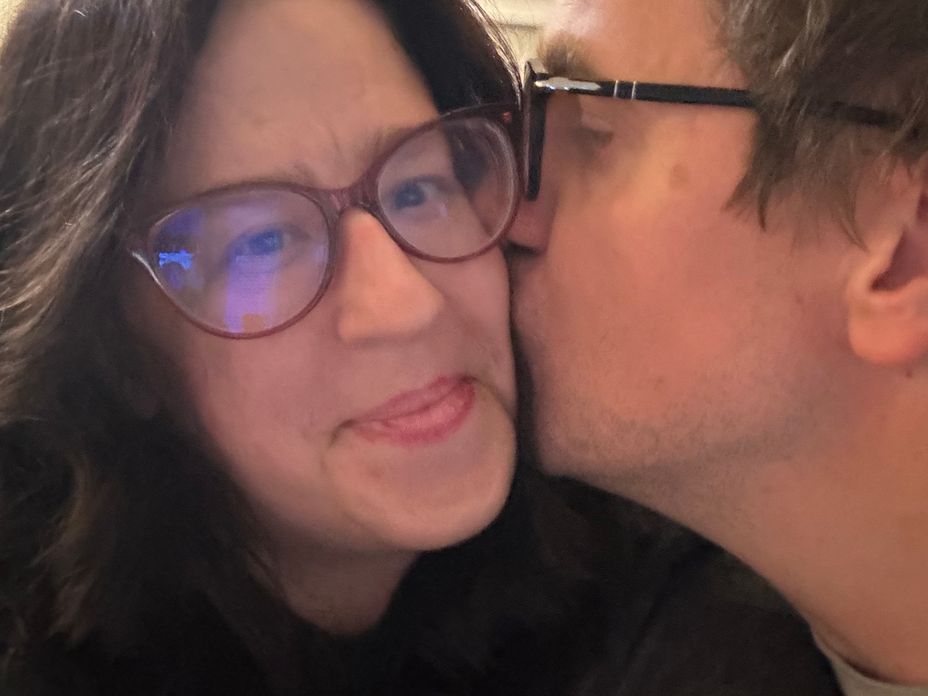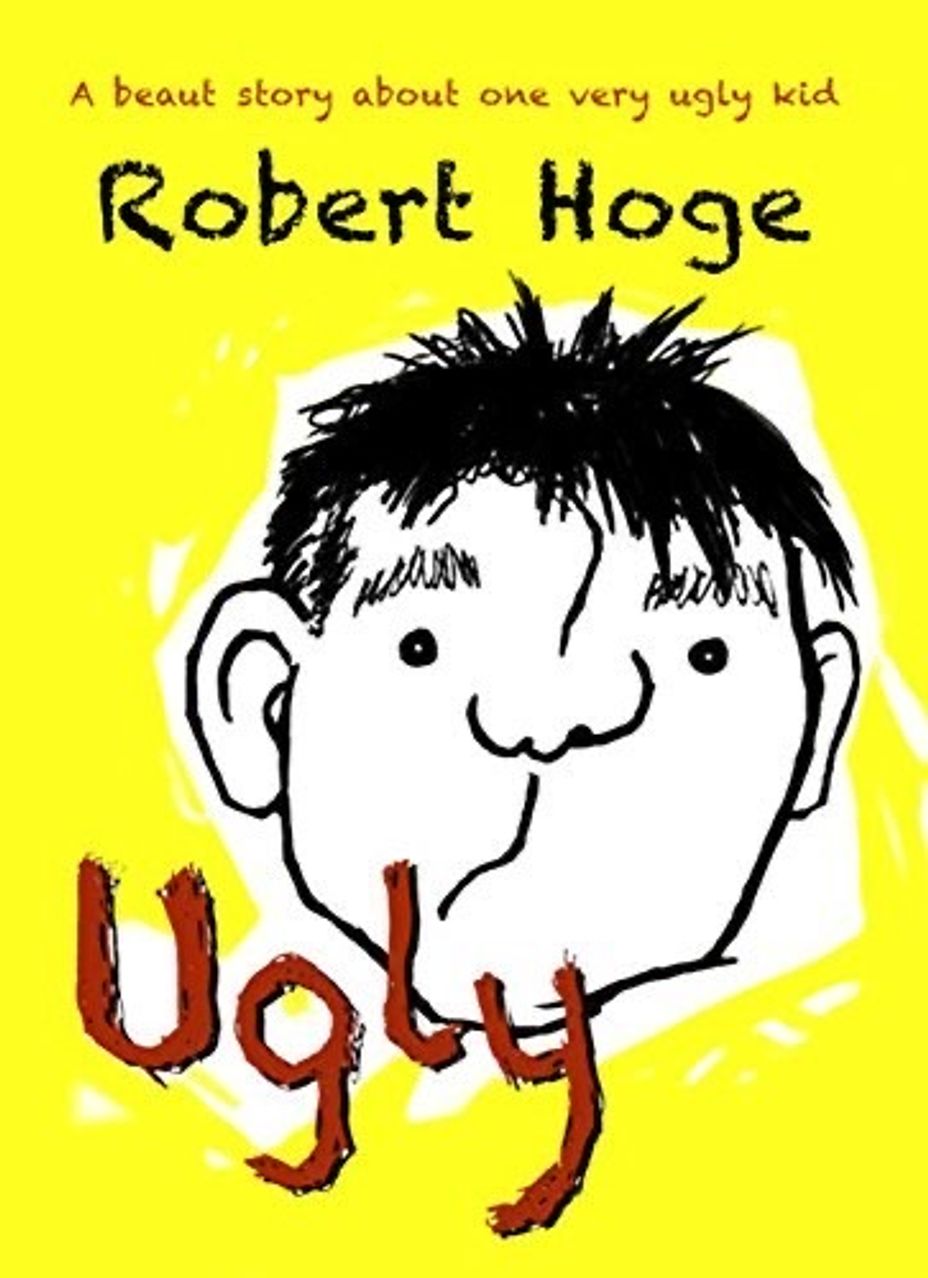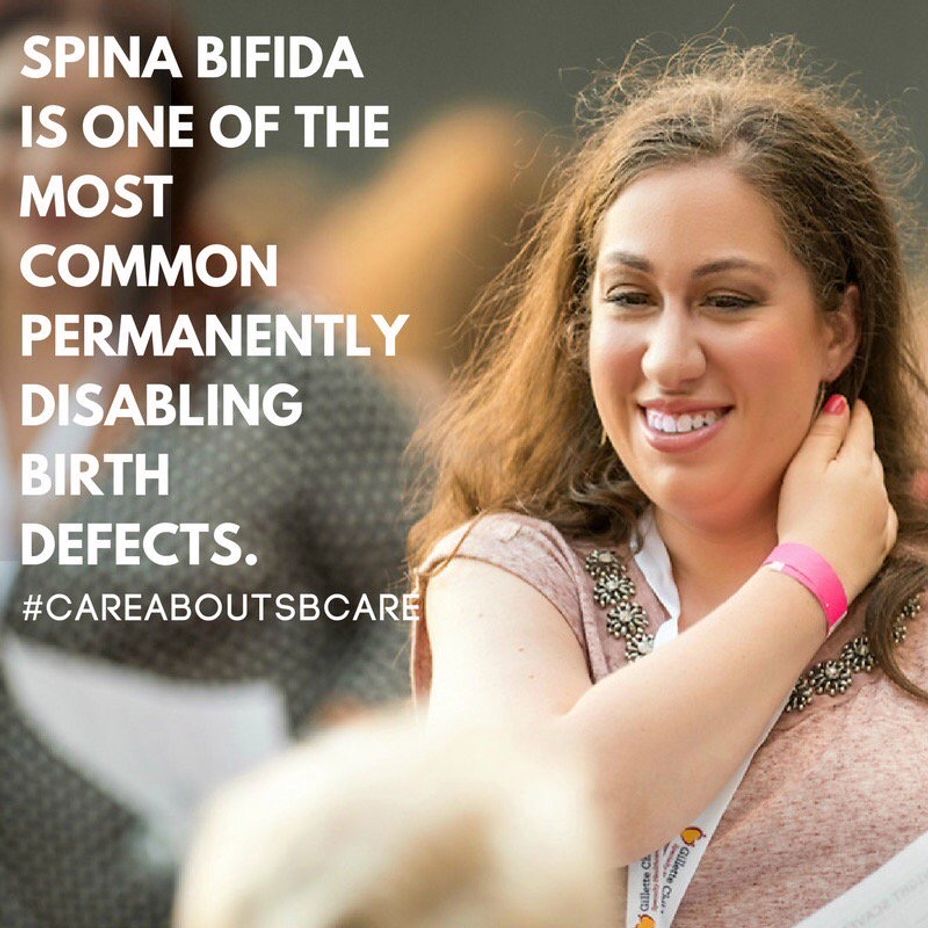What is Spinal Bifida
What is Spinal Bifida
Spina bifida is a birth defect where the spine and spinal cord don't close properly during early pregnancy. Unfortunately,this problem can lead to varying degrees of nerve damage, with severe forms causing fluid-filled sacs to protrude. Thankfully there is treatment that focuses on managing lifelong complications with surgery (often right after birth) to close the defect, Some examples include physical therapy for mobility, braces, wheelchairs,crutches, and walkers as well management of bladder and bowel issues through catheters. .



